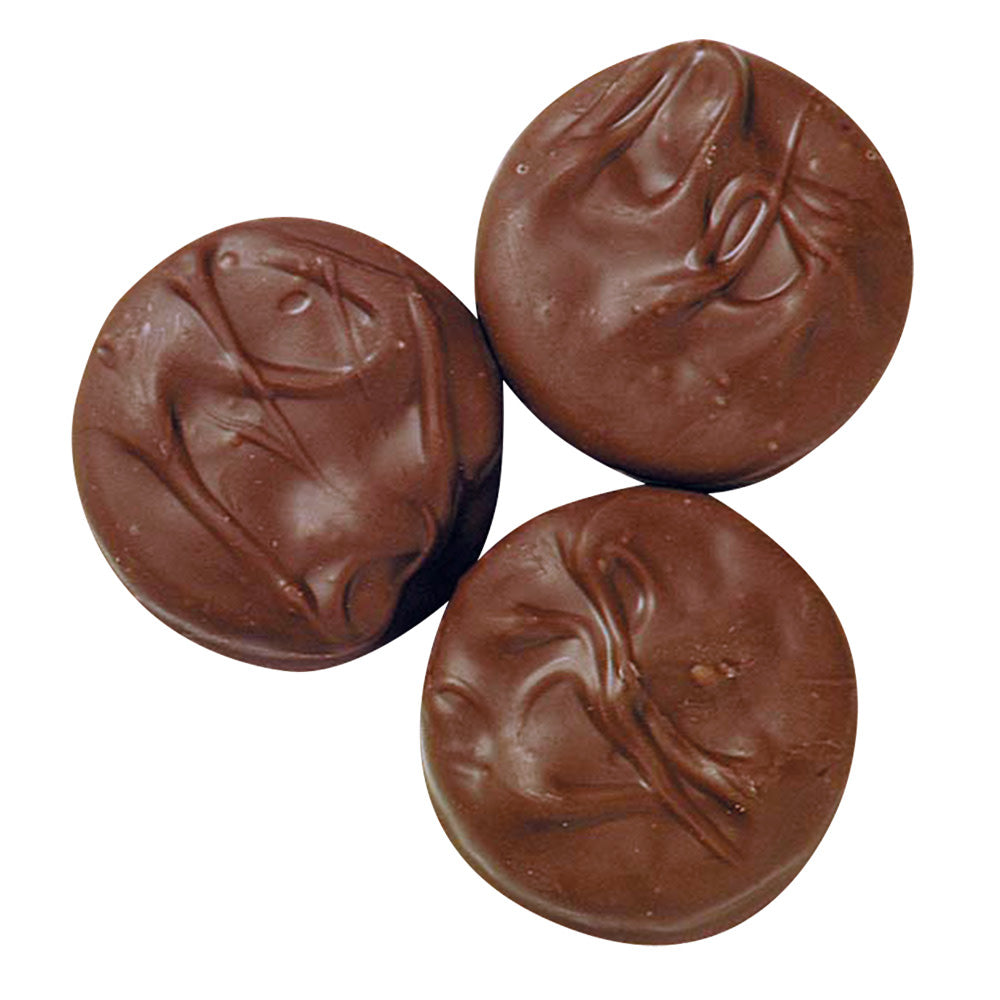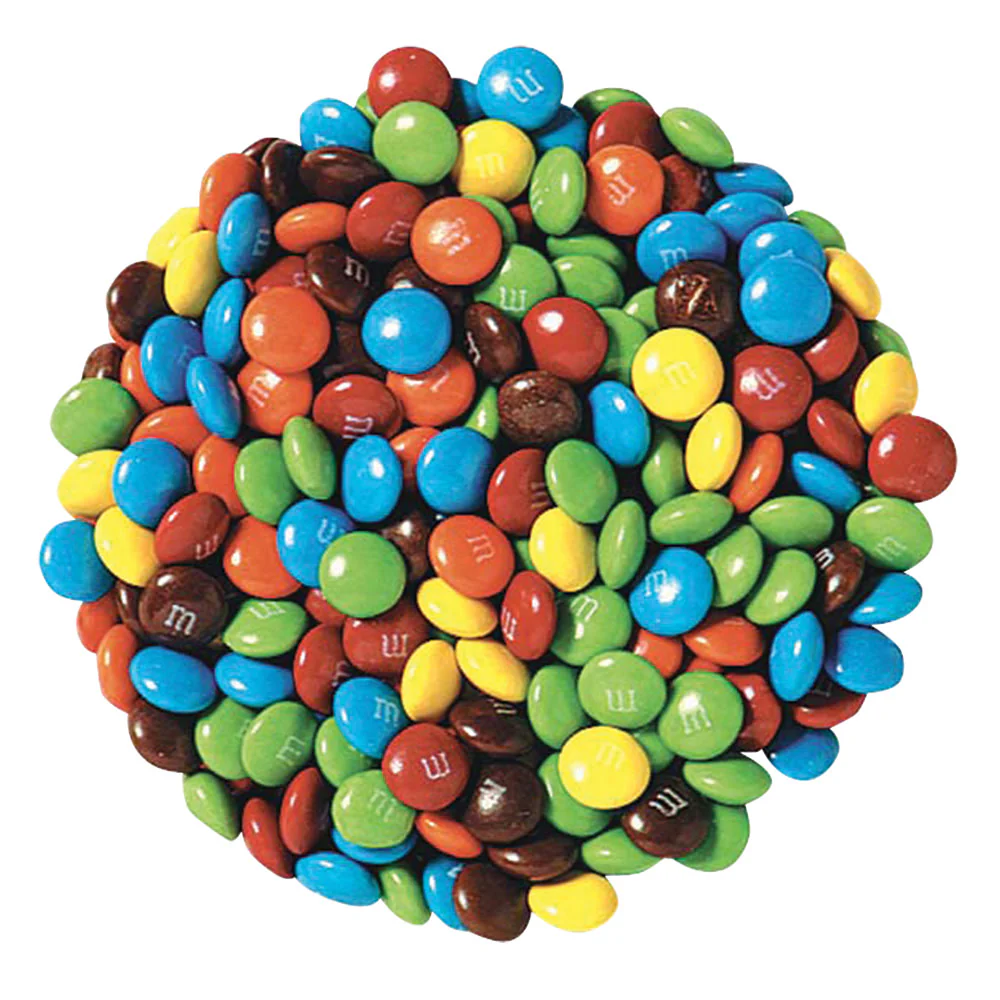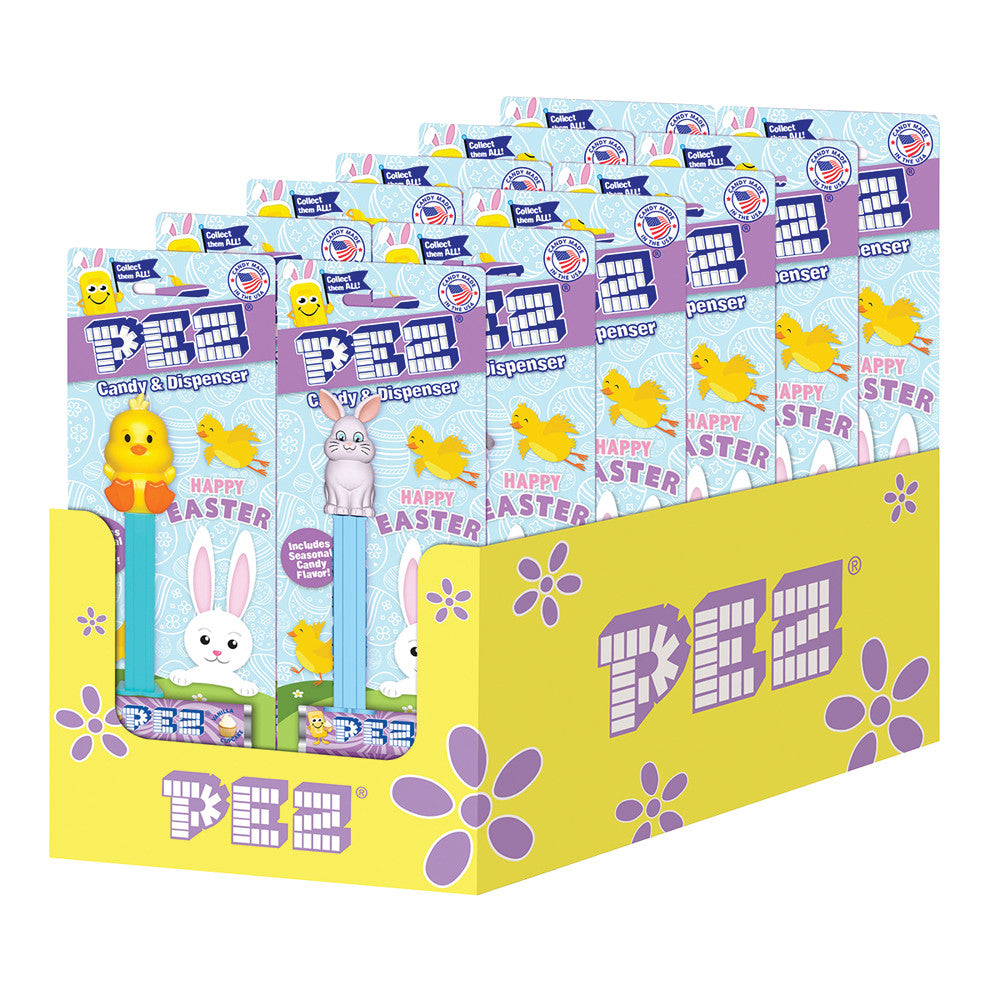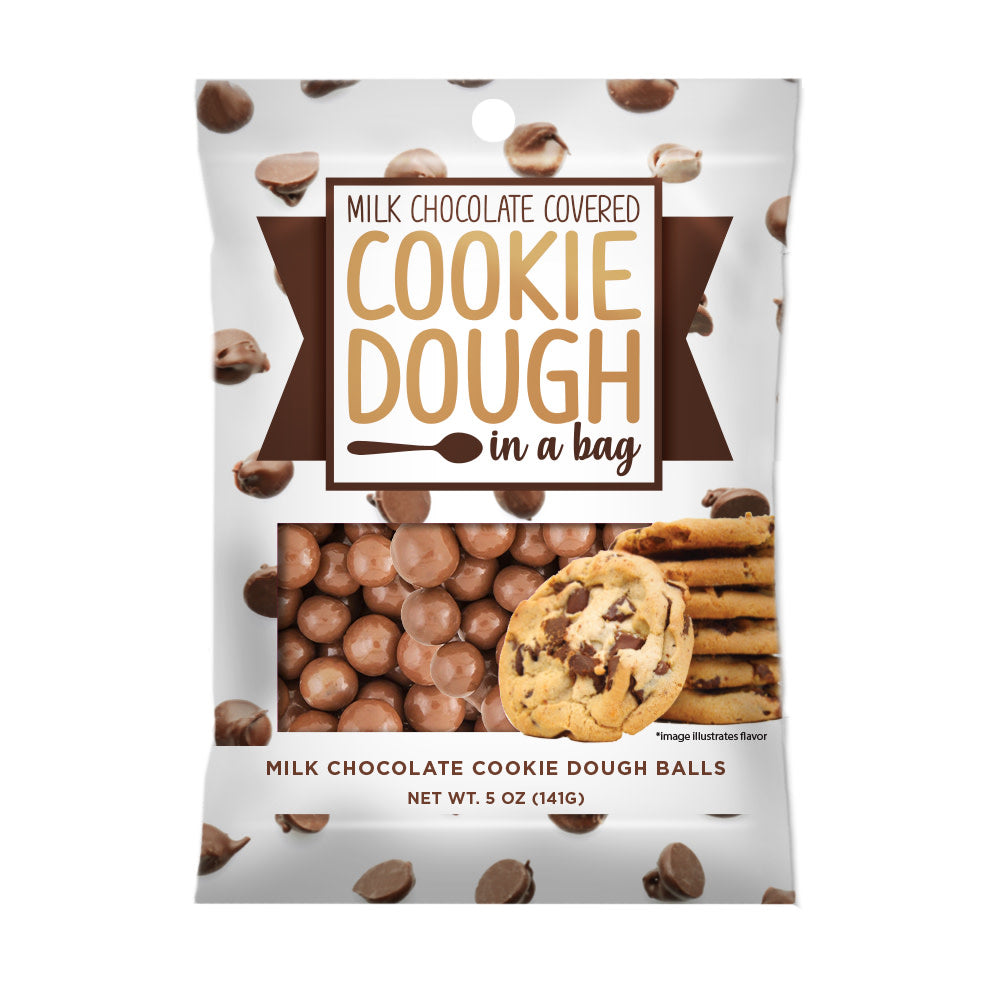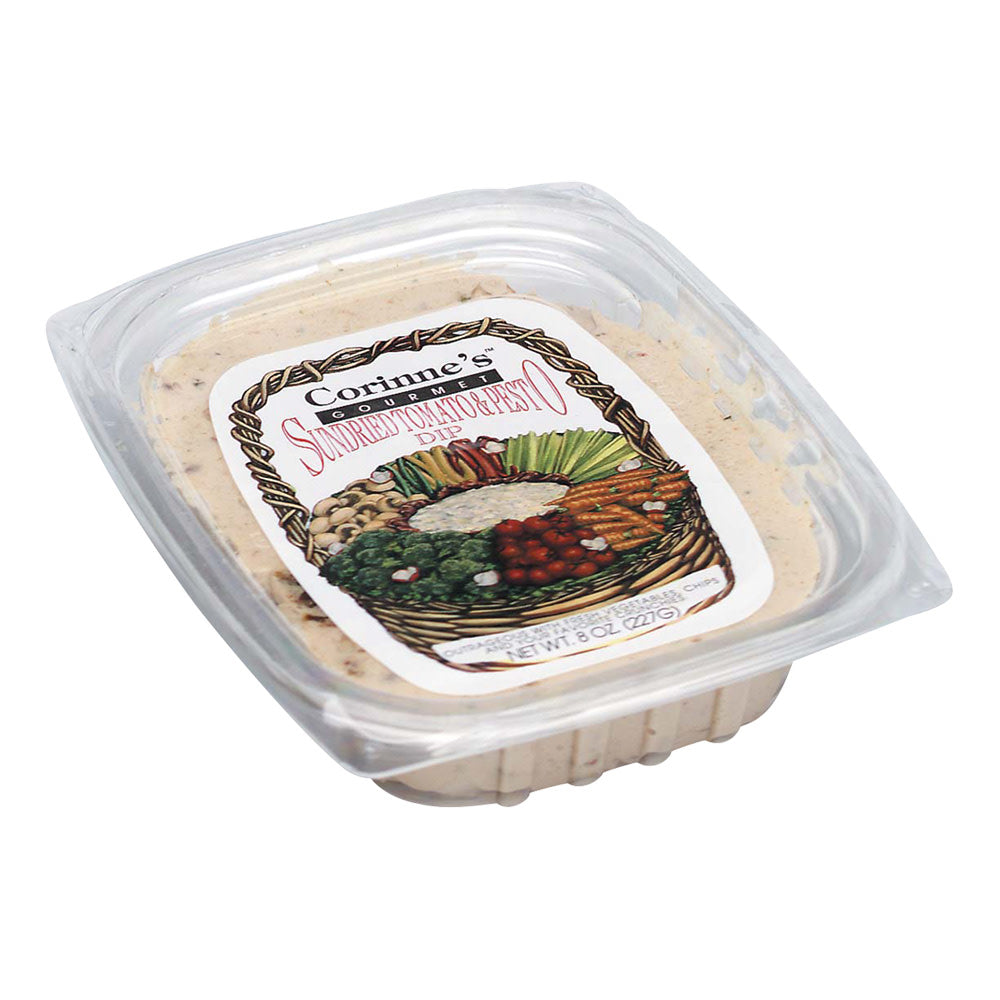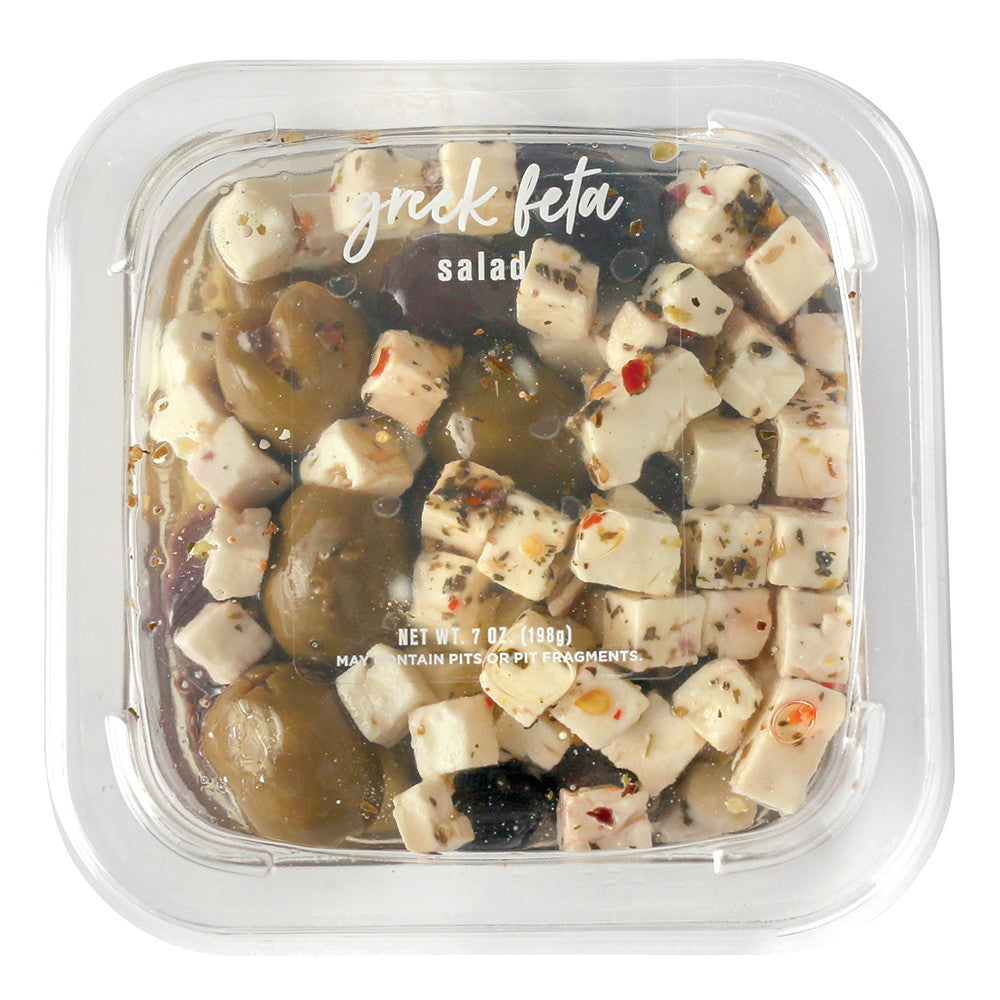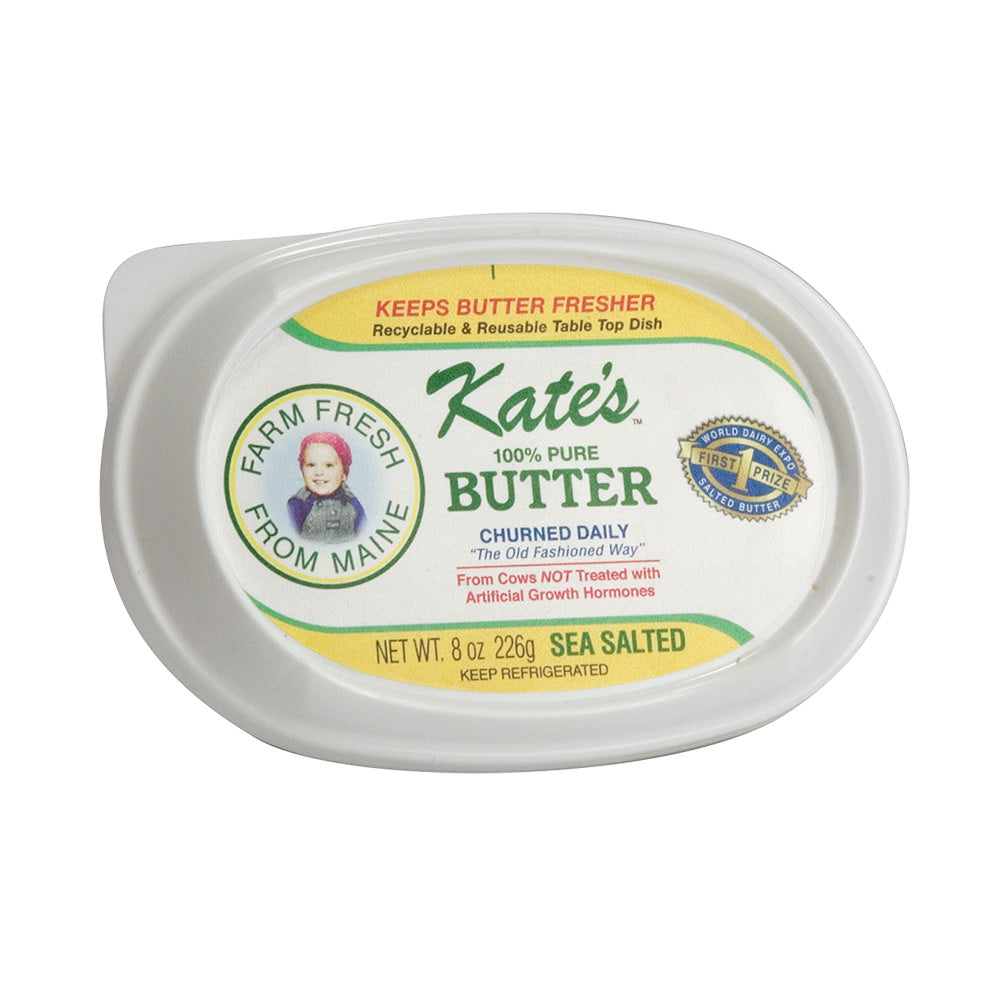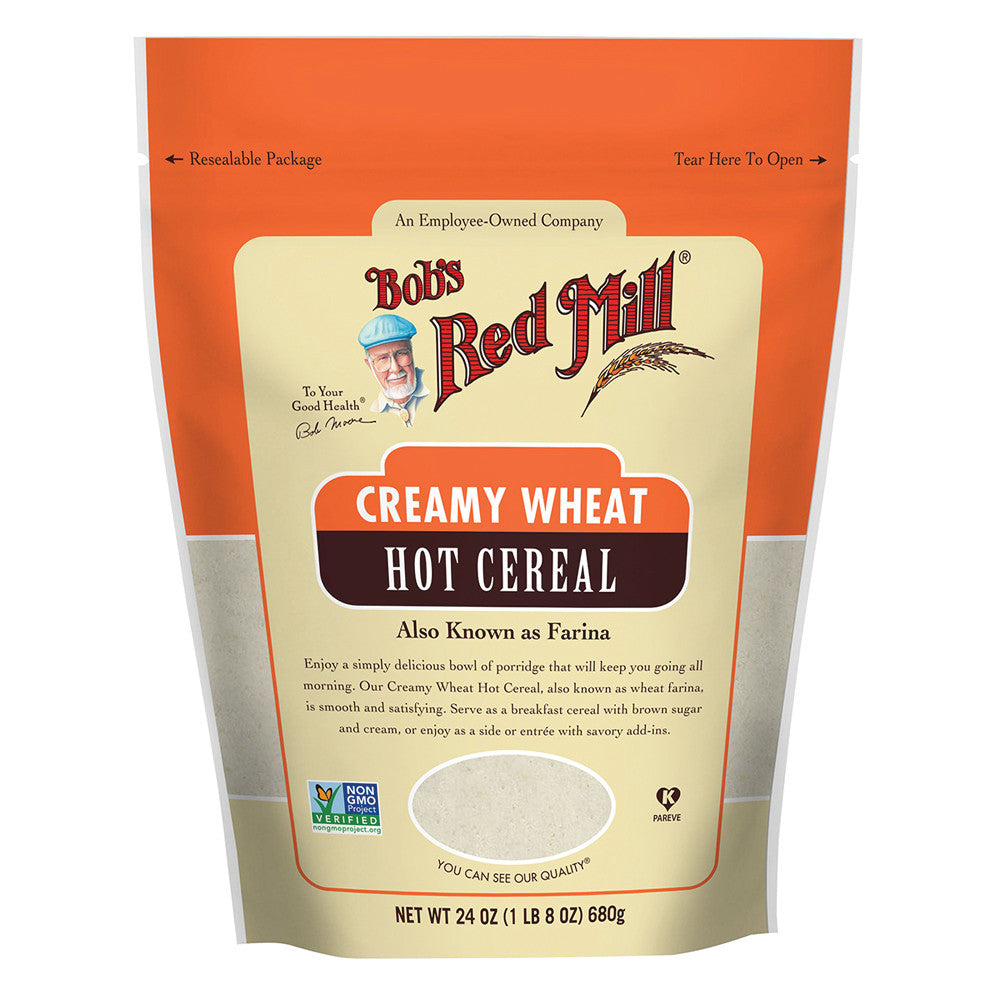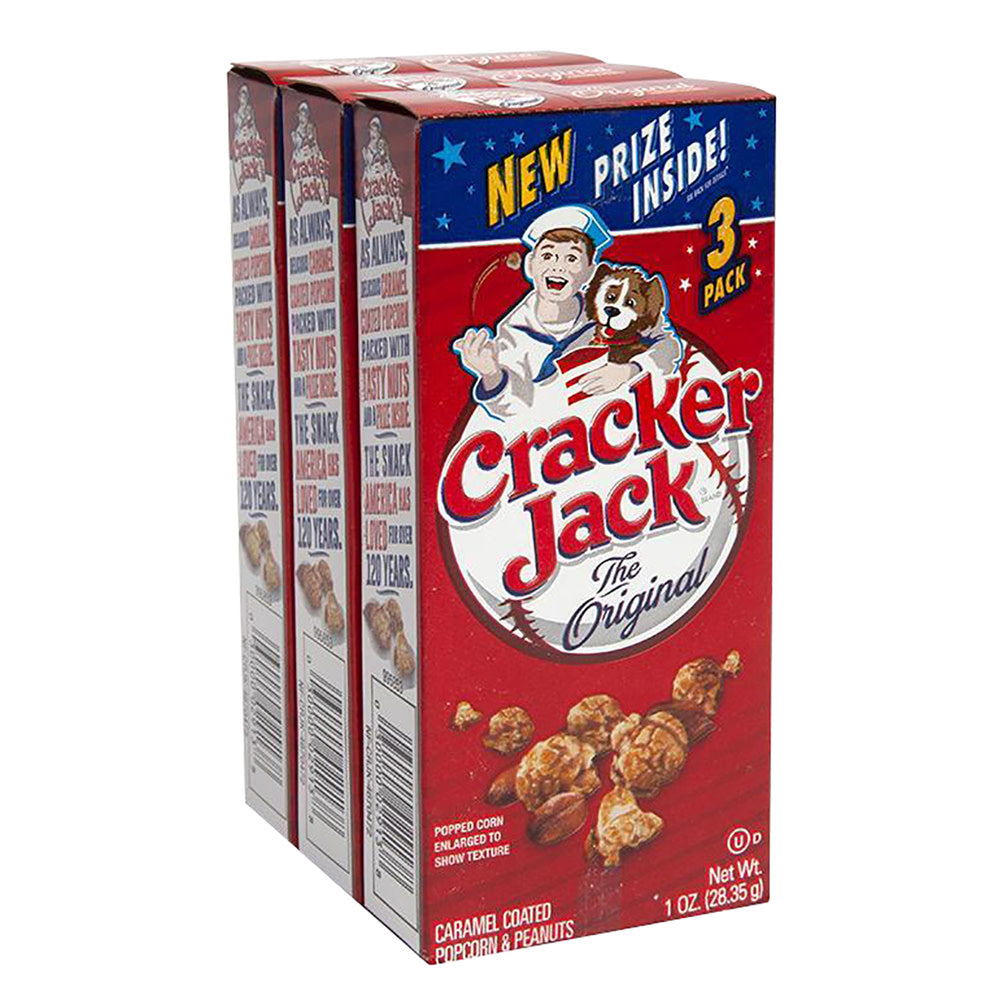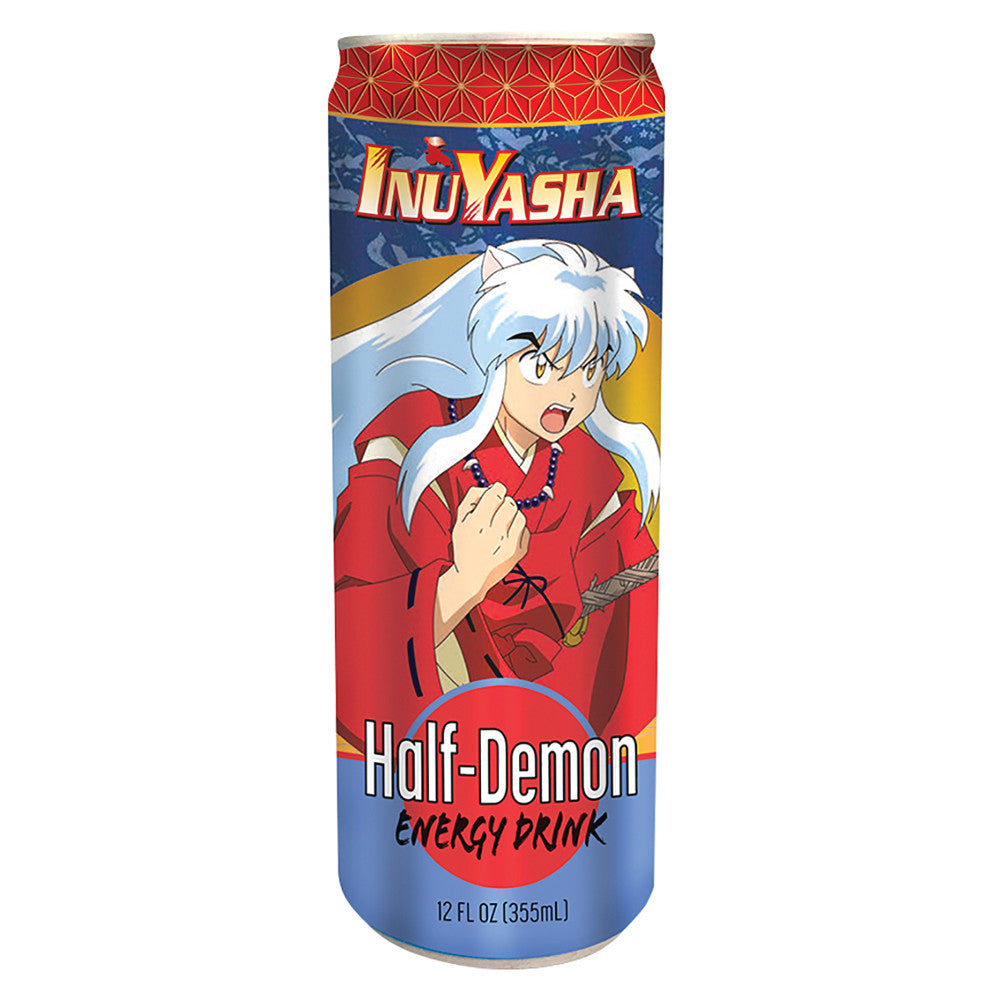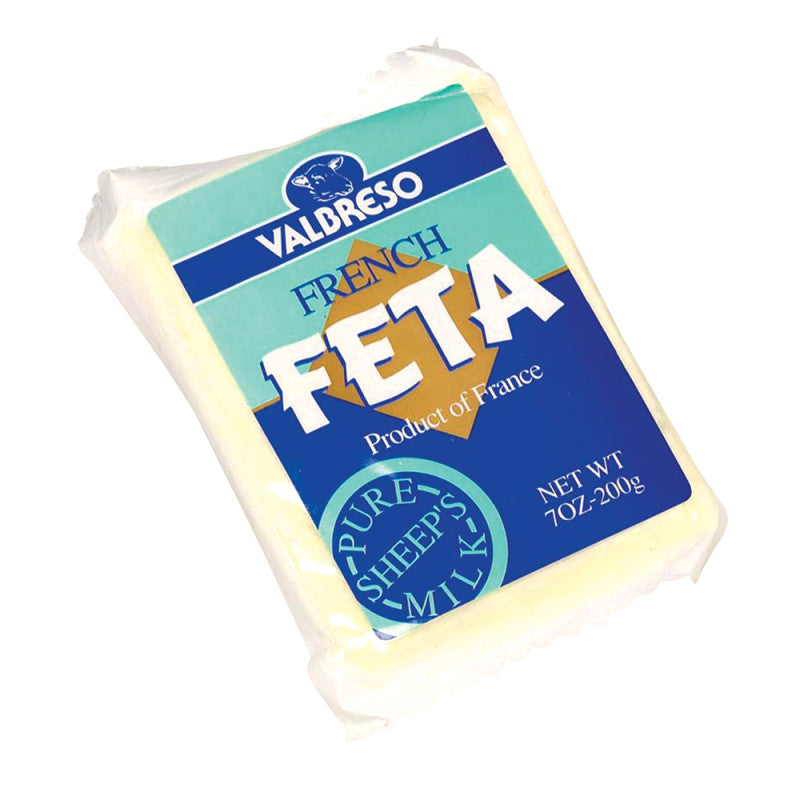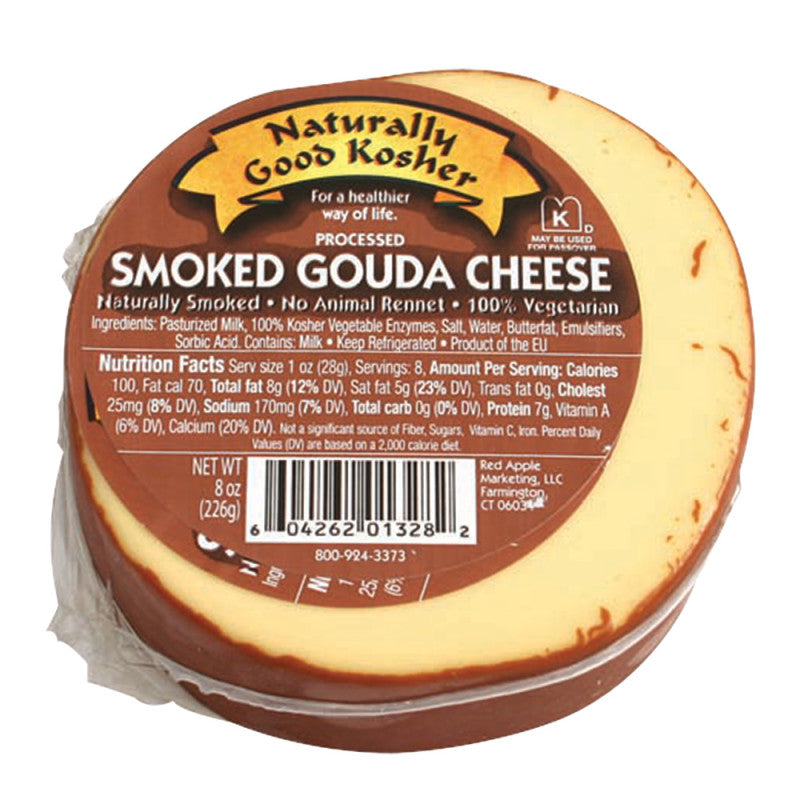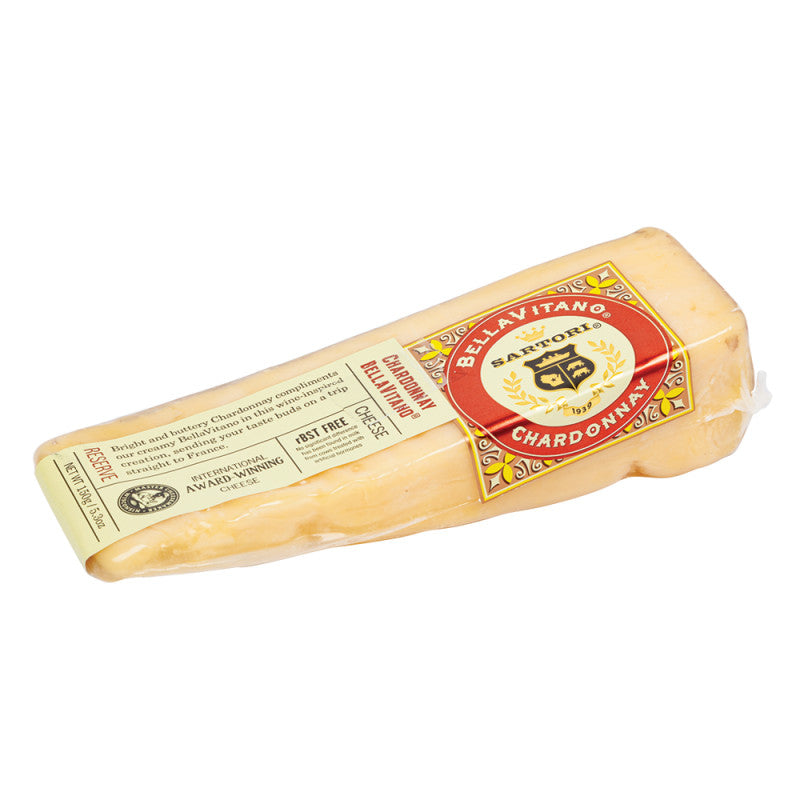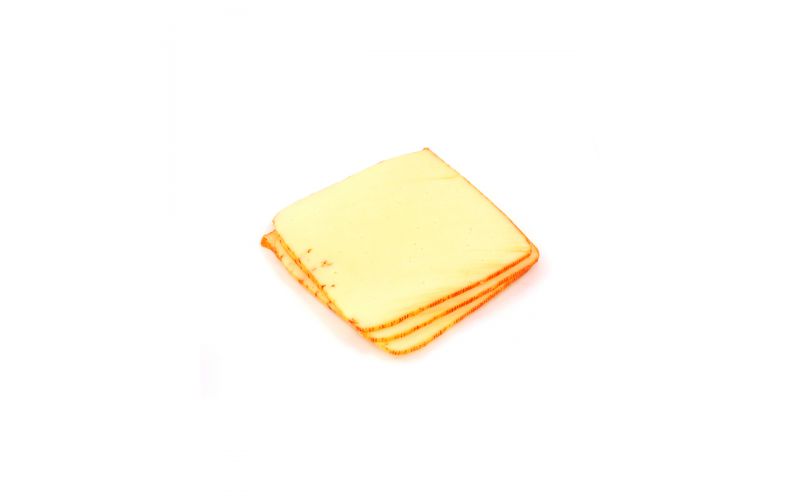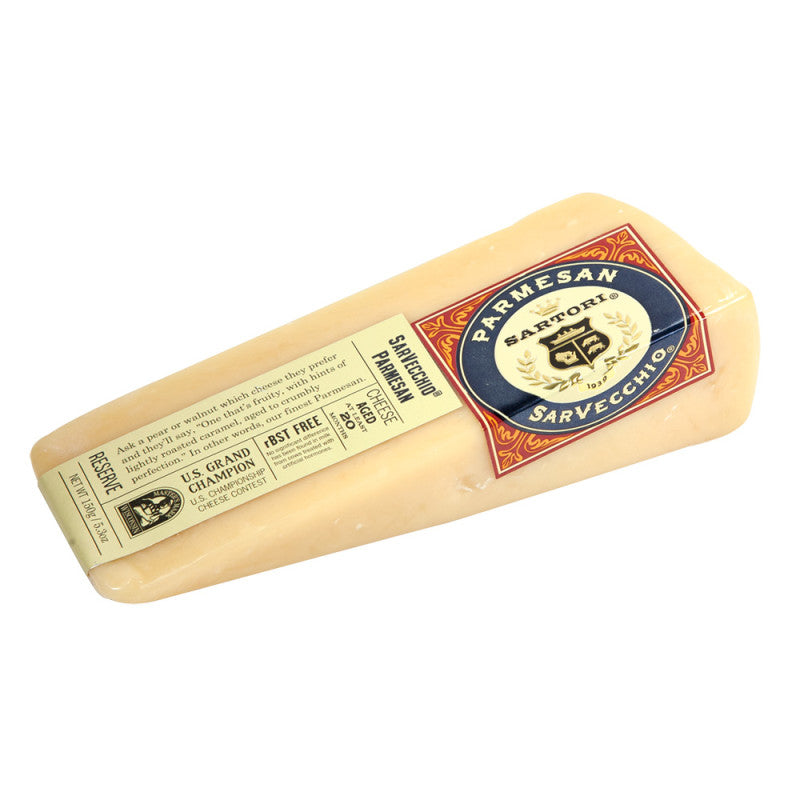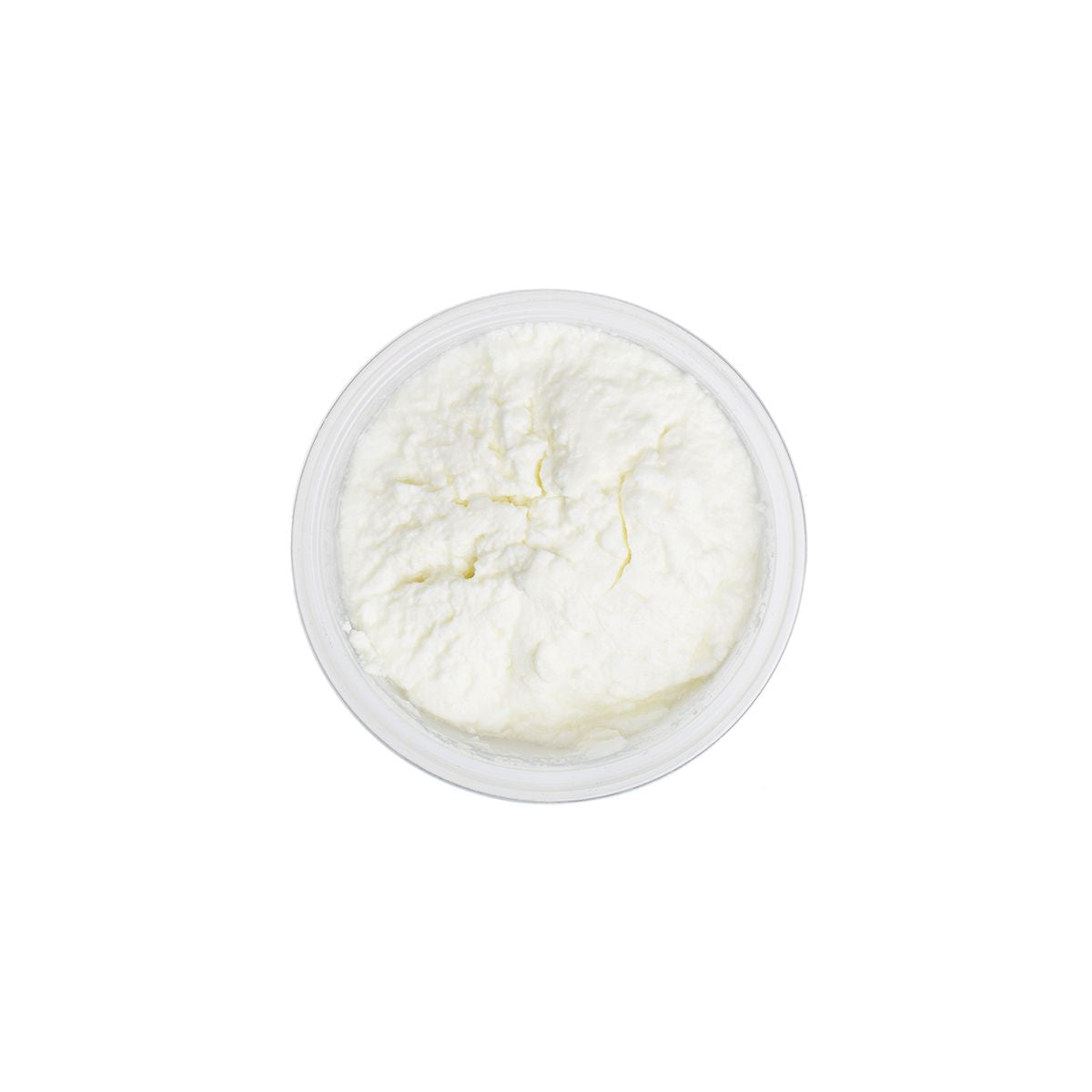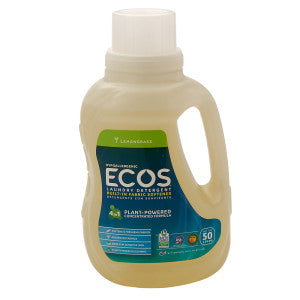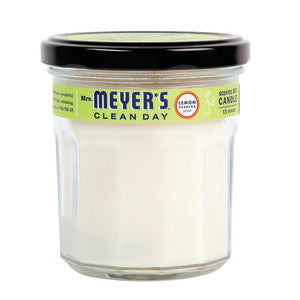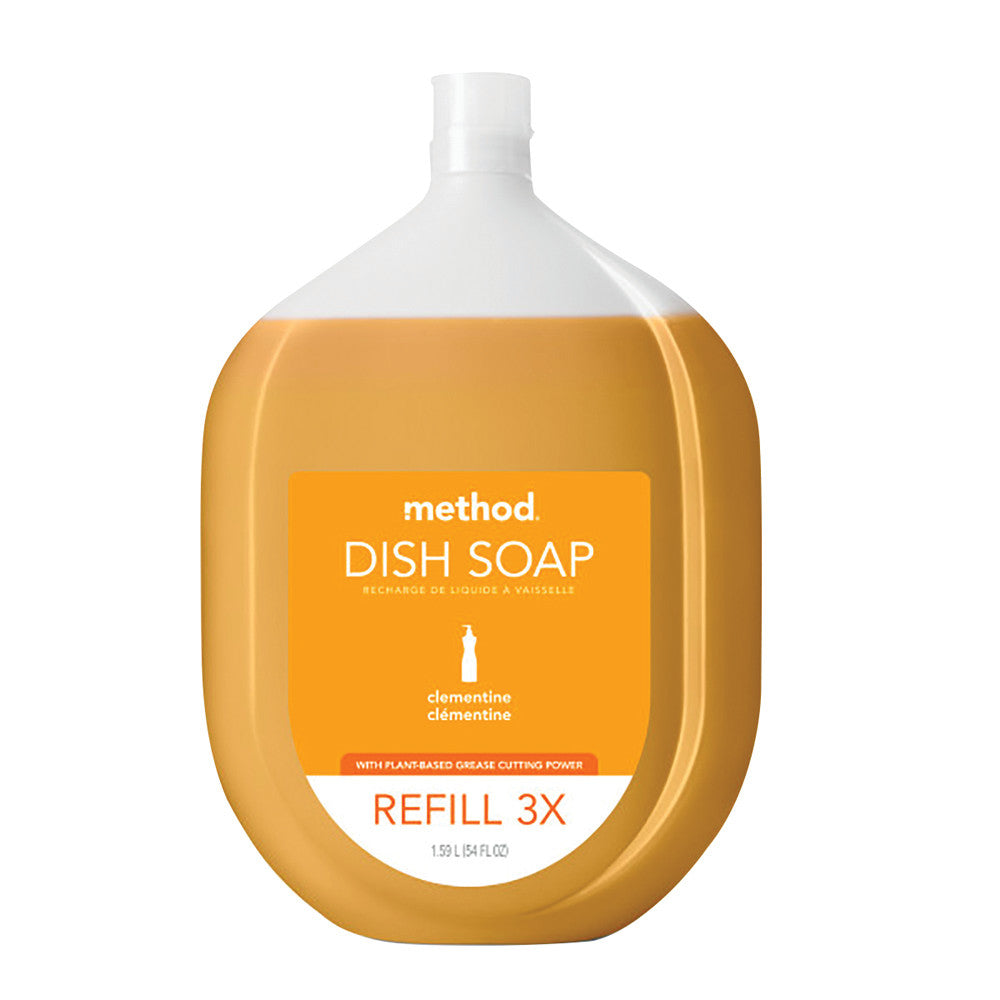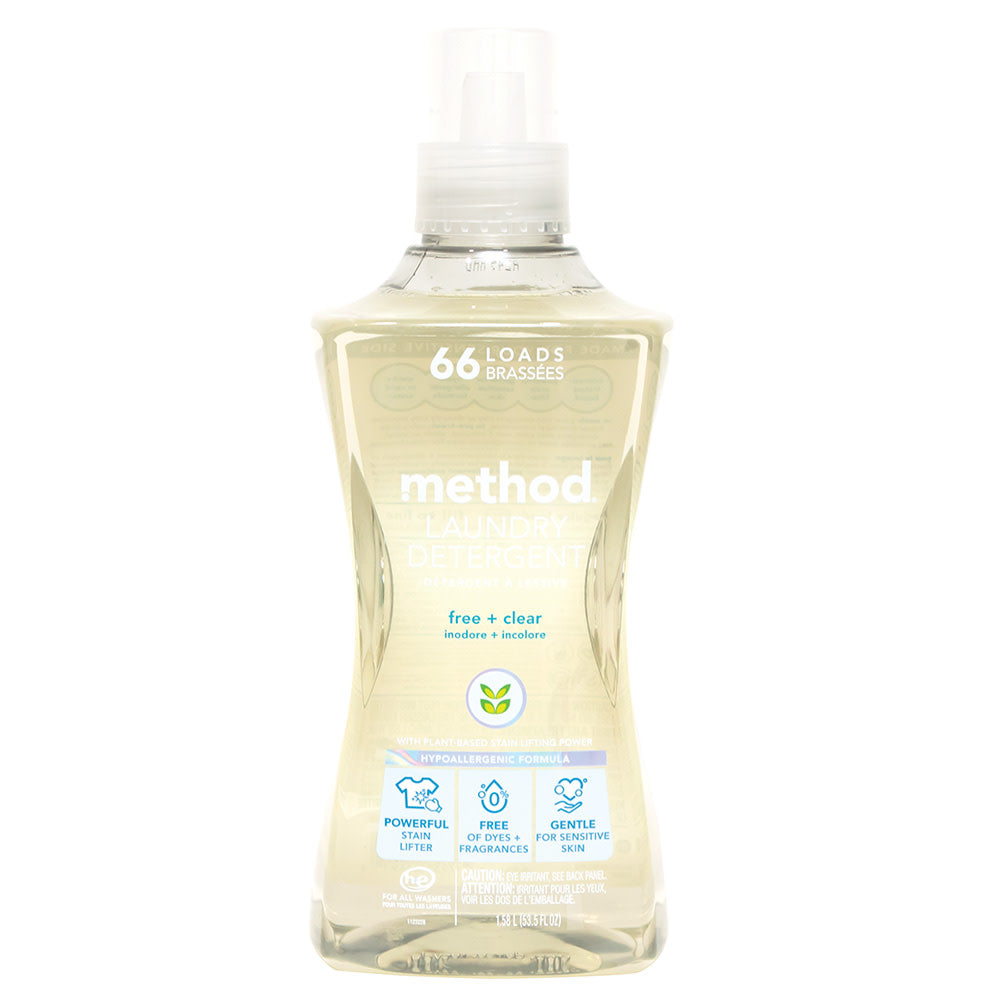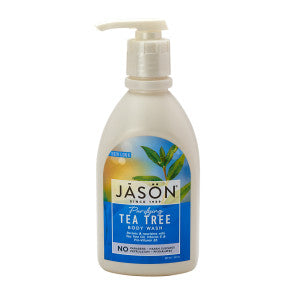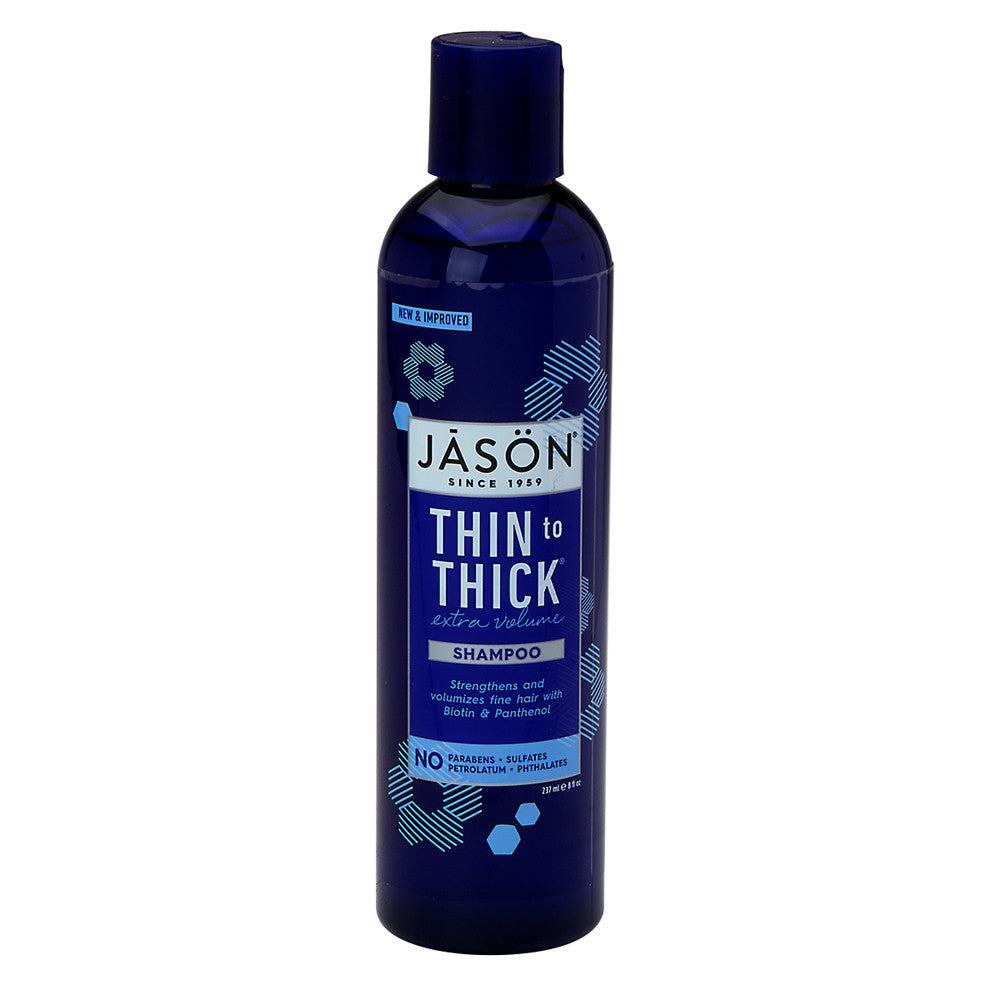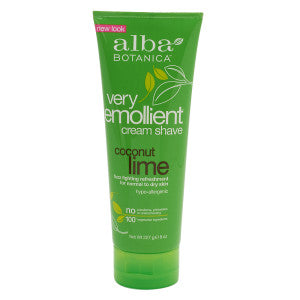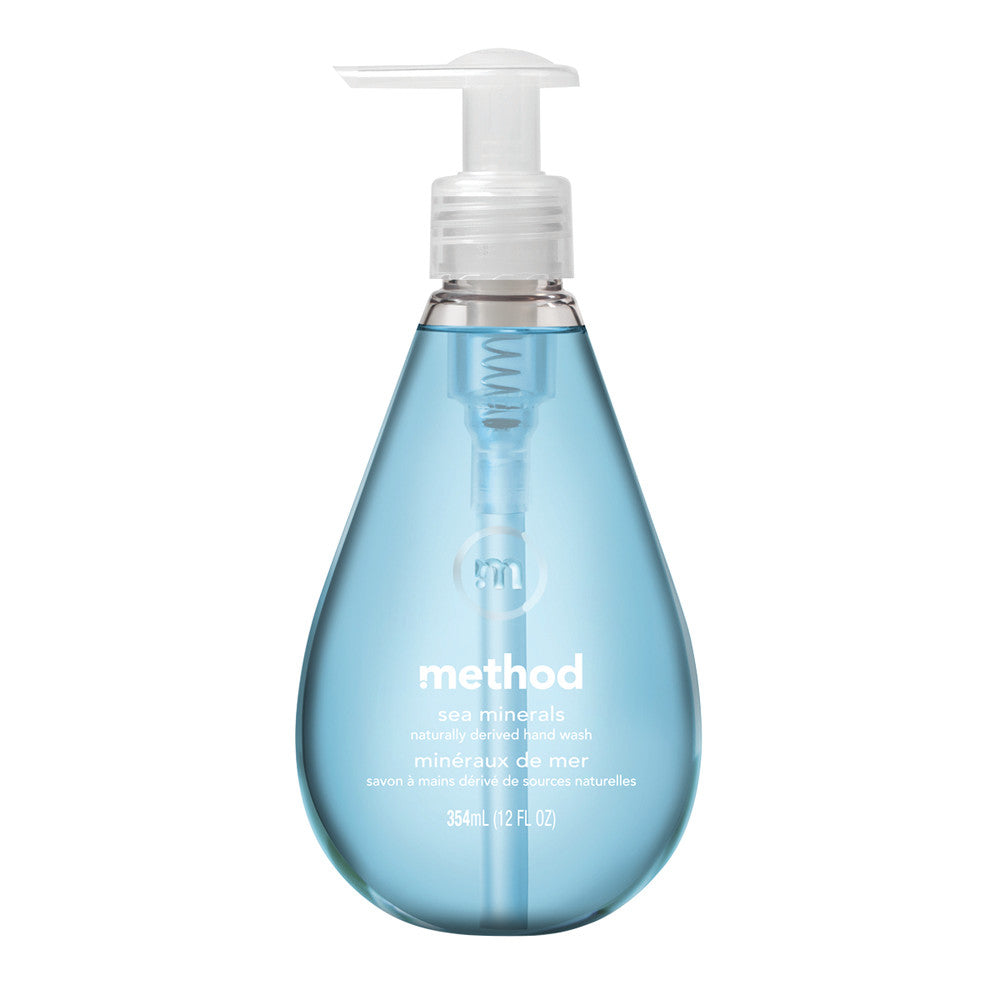Pizza is an iconic dish that has captured the hearts and palates of people around the world. From its humble origins in Italy to its widespread popularity in nearly every corner of the globe, pizza's universal appeal lies in its versatility. One of the most critical components of a perfect pizza is the cheese.
The type of cheese you choose can dramatically influence the flavor, texture, and overall experience of your pizza. But with so many options available, what truly is the best cheese for pizza? This article delves into the characteristics of various cheeses commonly used on pizzas and identifies the qualities that make some stand out above the rest.
Exploring the Options

1. Mozzarella
The Classic Choice
Mozzarella is universally recognized as the quintessential pizza cheese. Its mild flavor, smooth texture, and excellent melting properties make it a staple for both traditional Neapolitan and modern American pizzas. Fresh mozzarella, made from buffalo or cow's milk, offers a creamy and rich taste, while low-moisture mozzarella is prized for its ability to create the characteristic stretchy, gooey texture that many pizza lovers crave.
Melting and Stretching
One of mozzarella's standout features is its melting ability. When heated, it forms a uniform, bubbly layer that covers the pizza perfectly. The stretchiness of mozzarella is due to its high moisture content and the structure of its proteins, which form long strands when melted. This makes each bite of pizza a delightful experience as the cheese stretches from the slice to your mouth.

2. Provolone
Adding Depth and Complexity
Provolone is another popular cheese choice for pizza, known for its distinct flavor profile that can range from mild to sharp depending on its aging process. Younger provolone is smooth and creamy, similar to mozzarella, but with a slightly more pronounced flavor. Aged provolone, on the other hand, offers a robust and tangy taste that can add complexity to your pizza.
Versatility
Provolone's versatility makes it an excellent complement to mozzarella. Blending the two can create a pizza with a nuanced flavor profile and a balanced texture, combining the best qualities of both cheeses.

3. Parmesan
The Flavor Enhancer
Parmesan is not typically used as a base cheese but rather as a finishing touch. This hard, aged cheese is known for its sharp, nutty flavor and granular texture. Sprinkling grated parmesan over a freshly baked pizza adds a burst of umami and enhances the overall flavor profile of the dish.
Grating and Garnishing
Parmesan is often grated over pizza after baking to prevent it from becoming too dry and to preserve its distinctive taste. Its strong flavor means a little goes a long way, making it an economical way to elevate your pizza.

4. Cheddar
A Bold Choice
Cheddar, a cheese not traditionally associated with pizza, has found its place in various pizza styles, particularly in the United States. Its sharp, tangy flavor can be a bold addition to the more subtle taste of mozzarella. Cheddar's high fat content also contributes to a rich, indulgent texture.
Color and Flavor
The vibrant color of cheddar can give a pizza a visually appealing look, especially when mixed with other cheeses. It melts well, though it doesn't have the same stretchy quality as mozzarella, making it a good choice for pizzas where a robust, cheesy flavor is desired.
5. Ricotta
Creamy and Mild
Ricotta is often used in gourmet and specialty pizzas. Its mild, slightly sweet flavor and creamy texture provide a pleasant contrast to the savory elements of pizza. Unlike other cheeses, ricotta doesn't melt in the traditional sense; instead, it retains its shape and adds a delightful creaminess.
Dollops and Blending
Ricotta is typically added in dollops or blended with herbs and spices to create a flavorful spread. It pairs particularly well with vegetable and white pizzas, where its creamy consistency can shine.

Conclusion
Selecting the best cheese for pizza is not a one-size-fits-all answer; it largely depends on the type of pizza you're making and your personal preferences. Mozzarella remains the undisputed king of pizza cheeses due to its melting properties and mild flavor that complement a wide range of toppings. However, experimenting with other cheeses like provolone, parmesan, cheddar, and ricotta can lead to delicious and unique results. By understanding the characteristics of each cheese and how they interact with other ingredients, you can elevate your homemade pizza to new heights. Whether you prefer a classic Margherita or a bold and innovative combination, the right cheese can make all the difference in crafting the perfect pizza.



